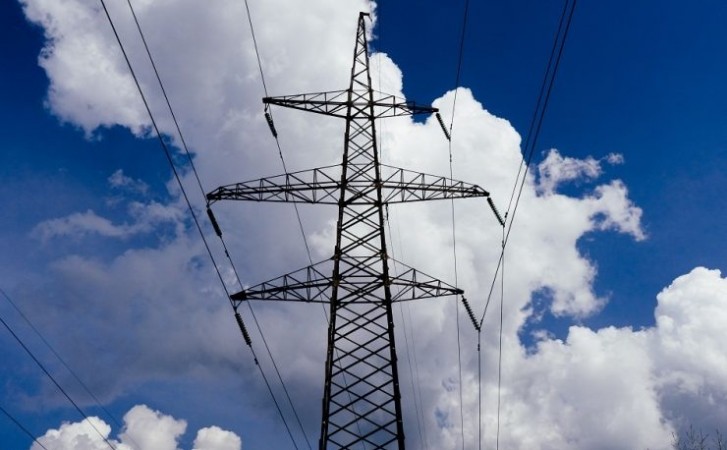
NEW DELHI: The Centre, on 23 June, made significant amendments to the Electricity (Rights of Consumers) Rules, 2020, bringing about two important changes to the existing power tariff system. These changes include the introduction of Time of Day (ToD) Tariff and the rationalization of smart metering provisions. Let's delve into the details of these amendments and understand their implications.
The updated rules now incorporate the concept of Time of Day (ToD) Tariff, which alters the pricing structure of electricity based on different time periods. This means that the price of electricity will no longer remain the same throughout the day but will vary according to specific time slots.
During the designated solar hours, which typically span eight hours in a day as specified by the State Electricity Regulatory Commission, the tariff will be reduced by 10-20 percent compared to the normal rate. Conversely, during peak hours, the tariff will be increased by 10 to 20 percent.
It's important to note that the ToD tariff will be applicable to Commercial and Industrial consumers with a maximum demand of 10 KW and above, starting from 1st April 2024. For all other consumers, excluding agricultural consumers, the ToD tariff will come into effect from 1st April 2025.
Moreover, the implementation of the ToD tariff will commence immediately after the installation of smart meters for consumers who have such meters installed.
In addition to the introduction of ToD tariff, the Centre has also taken steps to simplify the rules pertaining to smart metering, aiming to alleviate inconvenience and difficulties faced by consumers. The amendments bring about changes in penalties and data sharing practices.
To begin with, the penalties imposed on consumers for exceeding the maximum sanctioned load or demand have been reduced. This reduction aims to minimize the inconvenience and harassment faced by consumers in such situations.
Furthermore, the amendment in metering provision ensures that no penal charges will be imposed on consumers based on the maximum demand recorded by the smart meter for the period preceding its installation.
As part of the revised rules, smart meters will be read remotely at least once a day, and the data obtained from these readings will be shared with consumers. This enables consumers to make informed decisions regarding their electricity consumption.
These amendments signify the government's commitment to promoting more transparent and consumer-friendly practices in the power sector. By implementing the ToD tariff and simplifying smart metering rules, the aim is to provide consumers with greater control over their electricity usage and enhance their overall experience.
FM Nirmala Sitharaman's Financial Inclusion Steps at Paris Summit